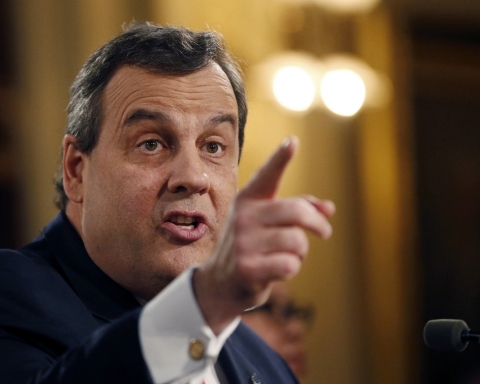First, I had to pick myself up from the floor from laughing.
Second, I started seeing the flood of gloating comments and “I told you so’s.”
It turns out Hillary Clinton’s emails did have some evidence that would sink her ambitions and, this just in: the only way for the FBI to find it amid all the wiped servers was on the phone they confiscated from Anthony Weiner.
Swarms of the same people who said the rule of law is dead when the first FBI investigation didn’t recommend pressing charges are now back to say that justice will be served at last. And maybe it will. Maybe Hillary will go to prison, and Vice President-Elect Tim Kaine will have to step up between then and January 20, as per Amendment XX, Section 3 of the Constitution.
But personally, I doubt it.
I doubt it for the same reason I doubt Donald Trump will face any serious repercussions for what he may or may not have done to so many women over the years, regardless of whether actually did them or whether the accusations merit a serious investigation.
Millions of people complain about powerful people evading the law without consequence, but we can’t understand my doubts unless we acknowledge what the rule of law is.
I doubt it because the law is, quite simply, force.
This force is law because it’s supposed to be applied in a somewhat organized or consistent manner. A statute, constitution, or a charter from the Queen is law not because it’s magically different from other forms of force, but because it is designed to be applied uniformly with predictable consequences under foreseeable conditions.
It’s this predictability that enables us to plan our lives around a legal system and have some semblance of faith that government will protect us from those who break the law at our expense.
The problem with this expectation is that it doesn’t account for an exception that doesn’t apply to ordinary people like you and I. When certain people are more powerful than those who enforce the law, the law effectively bends to their desires, rather than the other way around.
It’s not a comforting thought, but there’s no legal system immune to it.
The rule of law is an ideal. Plato wrote about the idea of it. The founding fathers tried their best to implement a form of it. We all pay taxes, vote, and petition our elected representatives in the hope of preserving it. But at the end of the day, we’re striving toward an ideal.
Preserving the rule of law is a great goal, but believing in it won’t get you very far. Whether you’re angry that Hillary Clinton can get away with jeopardizing classified national security information, or outraged that Donald Trump gets away with being a generally horrible person, it doesn’t matter.
It only matters when you take the initiative to make the rule of law more powerful than those who seem to be above it.
If that bothers you, which it should, then perhaps it should call into question why we all have so much faith in the law in the first place.










Or the FBI just responding to the false report that Hillary campaign paid him off though his wife. But it from Anthony Weiner I say nothing there . And Trump supporters are trying to make a big deal out of nothing . Vote McMullin or Castle